The Kurdistan Region of Iraq Post-ISIS: Youth, Art and Gender
in collaboration with University of Kurdistan Hewlêr and Culture Project
LSE PI: Dr Isabel Käser
Co-PI: Dr Bayar Sevdeen
Duration: September 2021 – February 2023
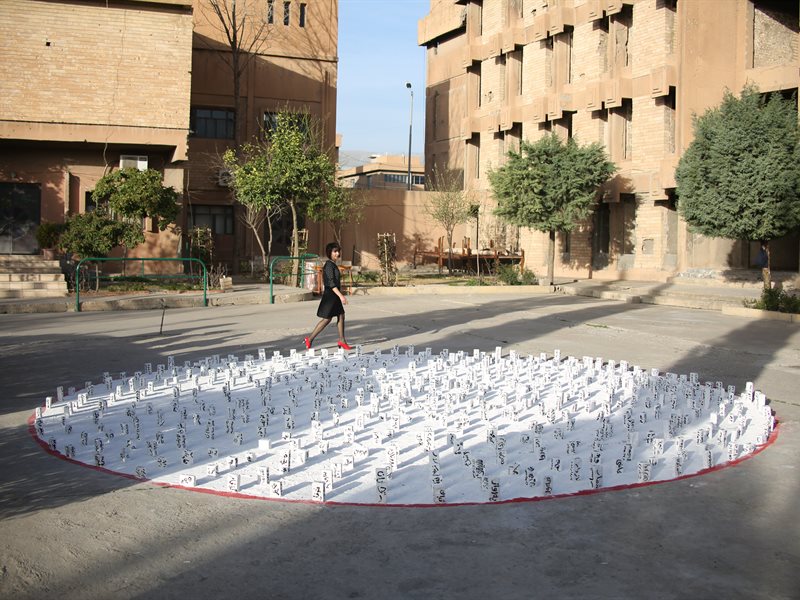
The four parts of Kurdistan have been the site of profound shifts in terms of processes of state-building, self-determination, military struggles, women’s movements and cultural production. Kurdistan’s division between four nation-states has also led to the emergence of at least four visions of what a free and independent Kurdistan might look like: from ‘Democratic Confederalism’ in Eastern Turkey and Northeast Syria (NES), to an independent nation-state in the Kurdistan Region of Iraq (KRI). Women’s mobilisation for gender-based equality and justice and the youth’s demands for transparency, access to resources and public space have been key drivers in these struggles.
In recent years, a new generation of young artists has emerged that through their work portray issues around gender and sex-based violence (GSBV), religious conservatism and corruption. Their work finds a powerful visual and literary language to address patriarchy, misogyny, religious conservatism, the onslaught of ISIS and how these interconnections impact women’s understanding and sense of space, identity, sexuality and body politics. Women, and an increasing number of men, are painting, performing and critiquing conservative gender norms and relations from a critical feminist perspective.
This project maps out and portrays the main actors behind these emerging dynamics in the KRI and asks how social and political change is imagined and enacted amidst ongoing political and military conflicts in the region. It explores how women’s initiatives, youth activists and artists, in the post-ISIS KRI, develop alternative narratives and practices beyond prevailing party politics and regional rivalries and investigates how through these practices they create more gender-equal and transparent political spaces.
This project forms part of the Academic Collaboration with Arab Universities Programme, funded by the Emirates Foundation.
Research Team
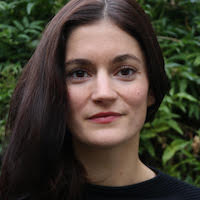
Isabel Käser | Principal Investigator
Isabel is Visiting Fellow at the LSE Middle East Centre and Research Associate at the University of Bern.
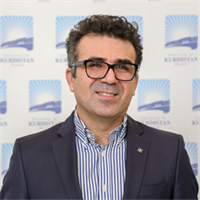
Bayar M. Sevdeen | Co-Principal Investigator
Bayar is Dean of the School of Social Sciences, UKH. He is an AHDA fellow at the Institute of the Study of Human Rights, Columbia University and a Non-Resident Scholar at the Elliott School of International Affairs, George Washington University.
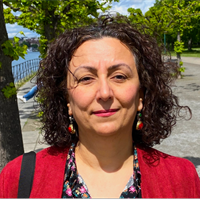
Houzan Mahmoud | Consultant
Houzan is a Kurdish feminist writer, public lecturer and activist. She is the co-founder of Culture Project, a project formed to raise awareness about feminism and gender in Kurdistan and the diaspora.
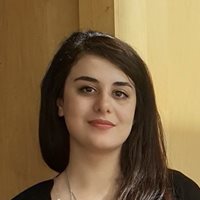
Midya Khudhur | Research Assistant
Midya is an humanitarian worker and Fulbright Alumna. Her research and academic interests include gender studies and Kurdish studies with a focus on literature and cinema.